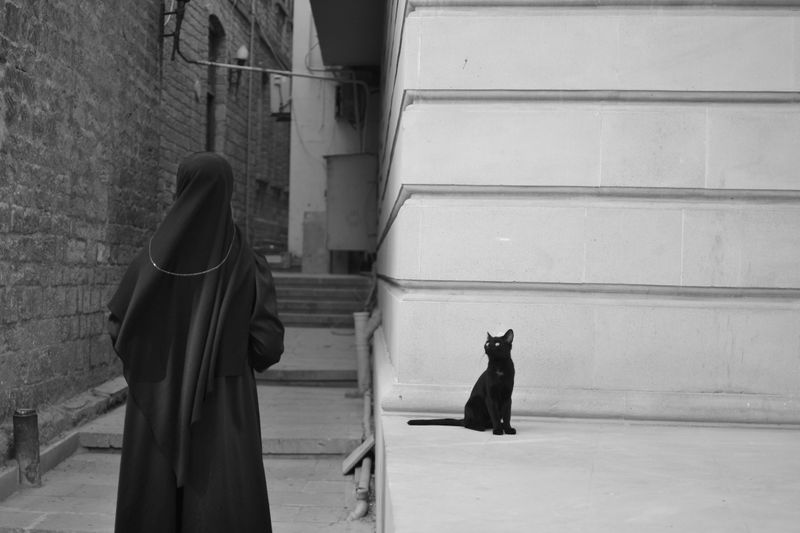Rosh Hashanah 2023: How is it celebrated and when does it start?
The Significance of Rosh Hashanah
Rosh Hashanah, which means “head of the year” in Hebrew, is one of the most significant Jewish holidays. It marks the beginning of the Jewish New Year and is observed by Jewish people around the world. Rosh Hashanah is the first of the Jewish High Holy Days, which also include Yom Kippur and Sukkot, and is a time for reflection, prayer, and repentance.
Date and Observance
In 2023, Rosh Hashanah begins on Friday, September 15, and ends on Sunday, September 17. The date of Rosh Hashanah varies each year in the Gregorian calendar as it follows the Jewish calendar, which is lunisolar, based on both lunar and solar cycles. Jewish people celebrate Rosh Hashanah on the first and second days of Tishrei, the first month of the civil year and the seventh month of the ecclesiastical year according to the Jewish calendar.
Traditions and Customs
On Rosh Hashanah, Jewish people attend prayer services at the synagogue and refrain from work. Many also avoid activities such as using electronics, driving, or writing. Lighting candles at home is also a common practice. One of the most distinctive elements of Rosh Hashanah is the blowing of the Shofar, a ram’s horn, during the prayer service. This ancient instrument, which dates back thousands of years, is blown over 100 times during Rosh Hashanah.
The Day of Judgment and Tashlich
Rosh Hashanah is often referred to as the “day of judgment.” It is a time for introspection and self-reflection, as individuals consider how they may have failed or fallen short in the past year and how they can improve and grow in the coming year. This theme is symbolized by the tradition of Tashlich, where participants symbolically cast off their sins by visiting a body of water on the first day of Rosh Hashanah and reciting prayers.
Symbolic Foods
Rosh Hashanah is also celebrated through the consumption of special foods with symbolic meanings. Sweet foods, such as apples dipped in honey, are eaten to symbolize the hope of a sweet year to come. Challah bread, usually baked in round loaves to represent the circle of life, is also popular and dipped in honey. Pomegranate seeds and the head of a ram or fish, symbolizing the “head” of the new year, are often present on the table.
Editorial and Advice
A Time for Reflection and Renewal
Rosh Hashanah offers a profound opportunity for individuals to reflect on their lives, their actions, and their relationships. It is a time for introspection and personal growth, as well as a chance to seek forgiveness and make amends. The holiday reminds us all of the importance of taking stock of our lives and making a renewed commitment to ourselves and others as we begin a new year.
Embracing Diversity and Understanding
As Rosh Hashanah is one of the most significant holidays in the Jewish calendar, it serves as an occasion for individuals of different faiths and cultures to learn about and appreciate Jewish traditions and customs. It is crucial to promote dialogue and foster understanding among diverse communities, creating an atmosphere of respect, tolerance, and unity. By engaging in conversations about Rosh Hashanah and other cultural celebrations, we can build bridges and deepen our appreciation for one another.
Wishing a “Shana Tova”
During Rosh Hashanah, Jewish people traditionally greet each other with the phrase “Shana Tova,” meaning “good year,” or “Shana Tova Umetukah,” meaning “good and sweet year.” As members of a global community, we can extend our heartfelt wishes for a good and sweet year to everyone, irrespective of their faith or background. These words of hope and positivity reflect our shared aspirations for a better future.
In conclusion, Rosh Hashanah is a time of significance, symbolizing new beginnings, introspection, and renewal. It is observed by Jewish people worldwide through prayer, reflection, and the observance of various customs and traditions. Embracing diversity and fostering understanding are key principles to promote during this holiday and throughout the year. Let us all extend our wishes for a “Shana Tova” and strive to make the world a better place for all.

<< photo by Fidan Nazim qizi >>
The image is for illustrative purposes only and does not depict the actual situation.




